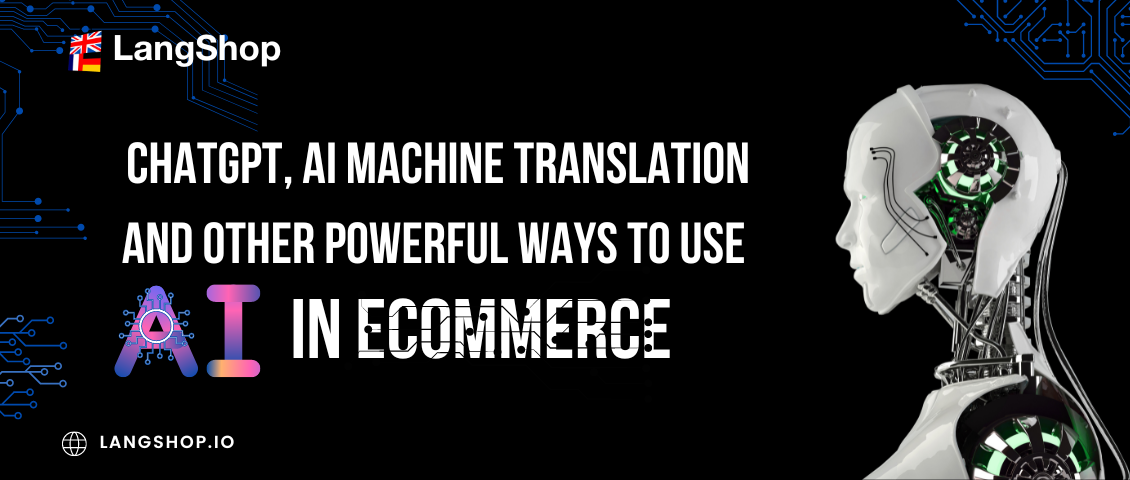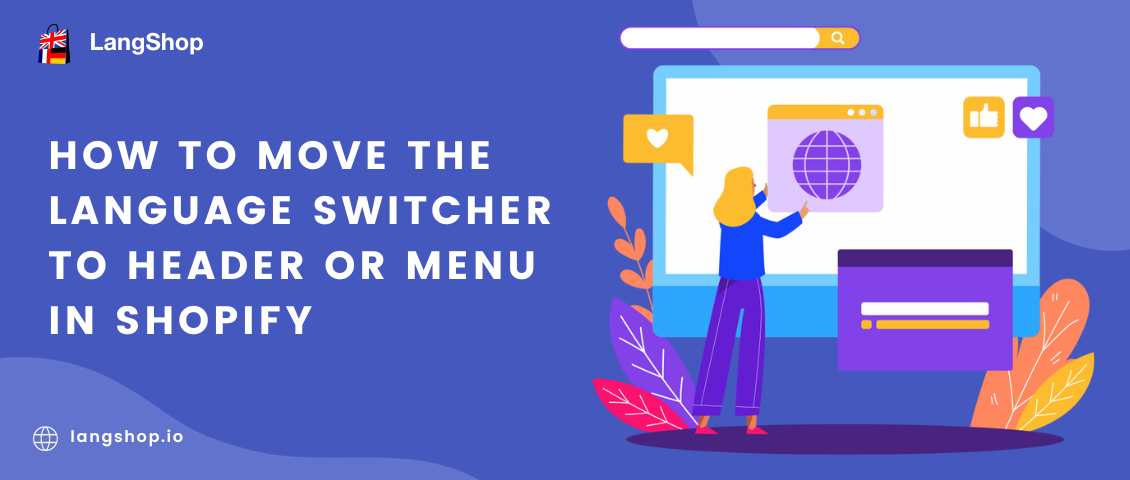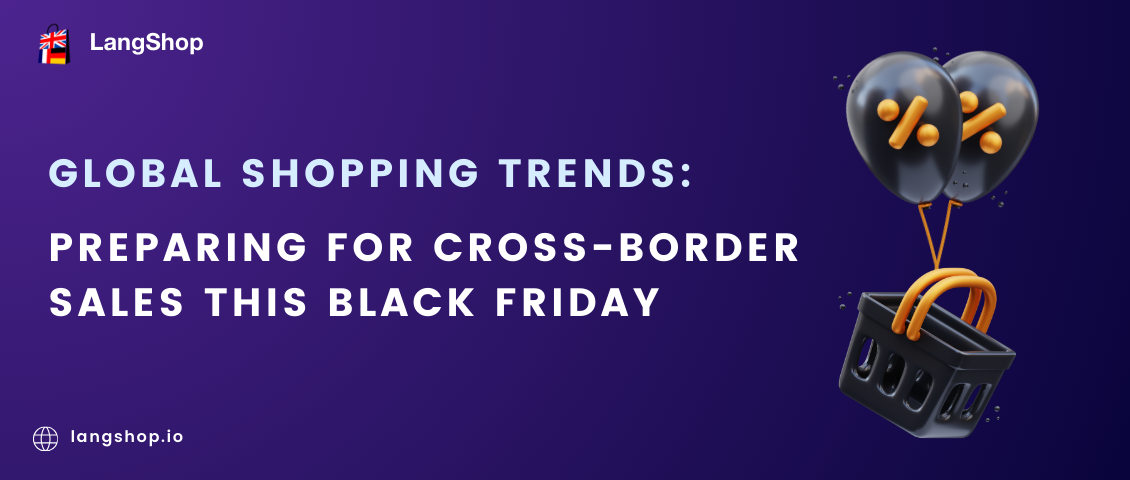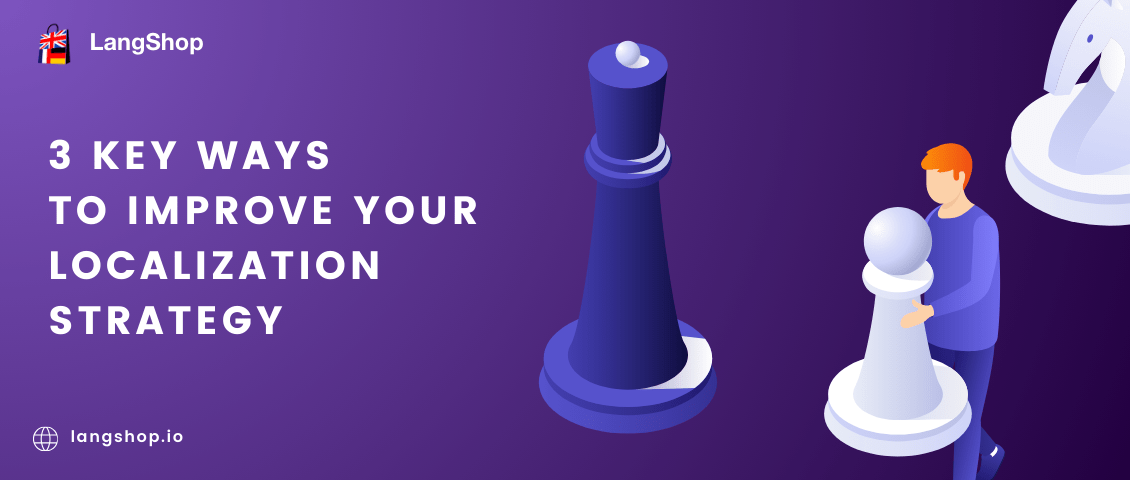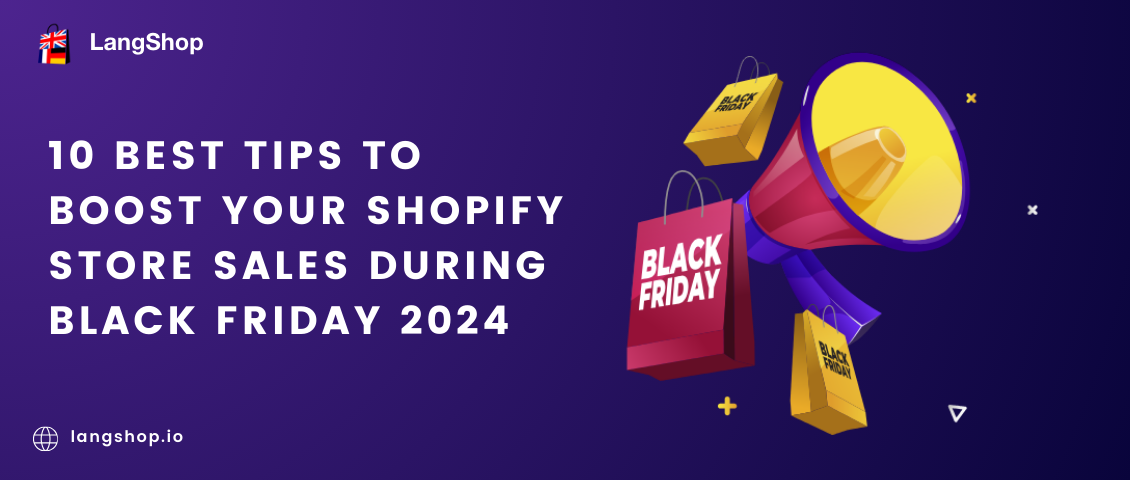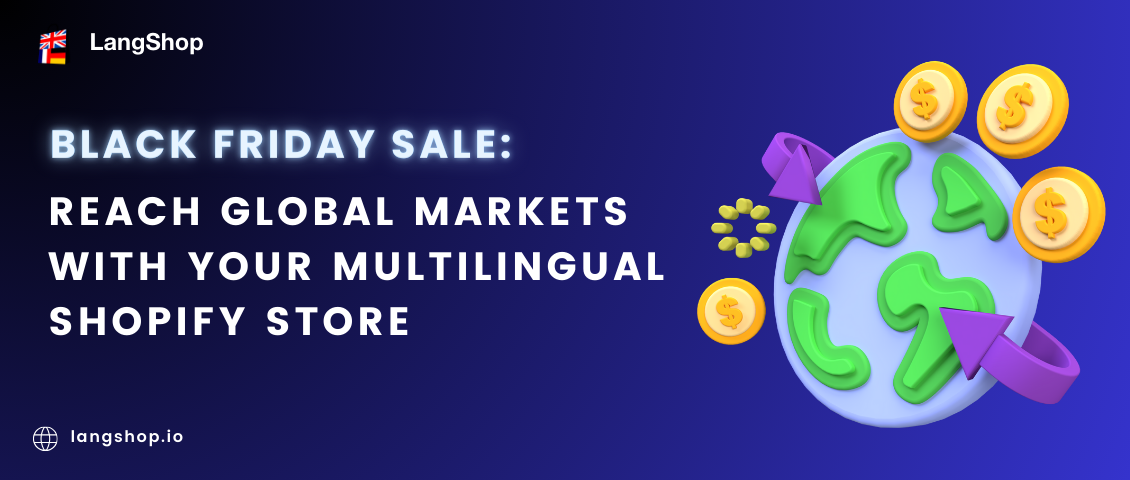The eCommerce industry is growing at an unprecedented pace, and businesses are always looking for ways to improve their operations, customer experience, and revenue. Being one of the latest trends, AI has already become an essential part of the eCommerce industry. It offers a plethora of opportunities to businesses, from providing personalized recommendations to predicting customer behavior.
And if you are looking for ideas of how to implement AI technologies to simplify or improve your workflow, this article will be helpful. Here we’ll discuss 5 main ways to use AI in eCommerce.
But first, let’s start with the basis.
What is AI?
AI stands for Artificial Intelligence. It refers to the development of computer systems that can perform tasks that typically require human intelligence, such as learning, problem-solving, decision-making, and language processing. AI algorithms can analyze large amounts of data, identify patterns, and make predictions based on that data. AI can be divided into two categories: narrow or weak AI, which is designed to perform specific tasks, and general or strong AI, which can perform any intellectual task that a human can. AI has a wide range of applications, including in healthcare, finance, transportation, and eCommerce.
AI in eCommerce
Online retailers are increasingly leveraging AI to improve their operations, enhance the customer experience, and boost revenue. Here are some ways AI is transforming eCommerce.
1. AI Product Descriptions
The first place where you can implement AI technology are products. Product descriptions have a crucial role in buying decisions, but generation text for them takes much time. Descriptions should be informative, concise, comply with SEO. Artificial intelligence can spare you from this daunting task.
Thus, this winter, Shopify presented an AI product description generator called Shopify Magic. This tool is designed to help online retailers create compelling product descriptions without having to spend hours writing and editing them.
It works by allowing retailers to input a few details about their product or keywords they want to rank for in search engines. The tool then uses AI algorithms to analyze the information and generate a product description right on the product setup page in the retailer's store admin.
The generated product descriptions are designed to be engaging and informative, providing customers with all the information they need to make a purchase decision. The descriptions can also be customized and edited by retailers to ensure they accurately reflect the product and brand voice.
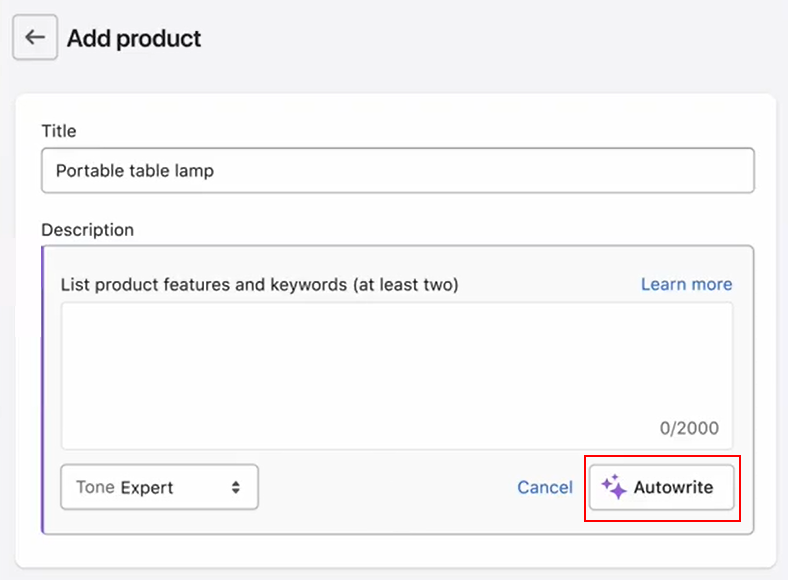
2. AI Translators
AI technology is also transforming the process of website translation. With the increasing globalization of eCommerce, it is becoming increasingly important for online retailers to offer their websites in multiple languages.
Fortunately, AI translation engines provided by language translator apps for Shopify and Magento, such as LangShop, are making the translation process much simpler and more efficient. Retailers can simply select the parts of their store they want to translate, choose the target languages, and click the Translate button. The AI translators take care of the rest, automatically translating the text and integrating it into the store's website.
One of the significant advantages of using AI translation engines is their speed. They can translate large amounts of text quickly, without the need for human translators. They also use machine learning algorithms to improve their accuracy over time and take into consideration glossary rules as the priority translation variant, ensuring that the translations are of better quality.
Furthermore, AI translation plugins are much more cost-effective than traditional translation services. Retailers can save a significant amount of money by using AI translation tools, as they do not need to pay for human translators or wait for lengthy translation times.
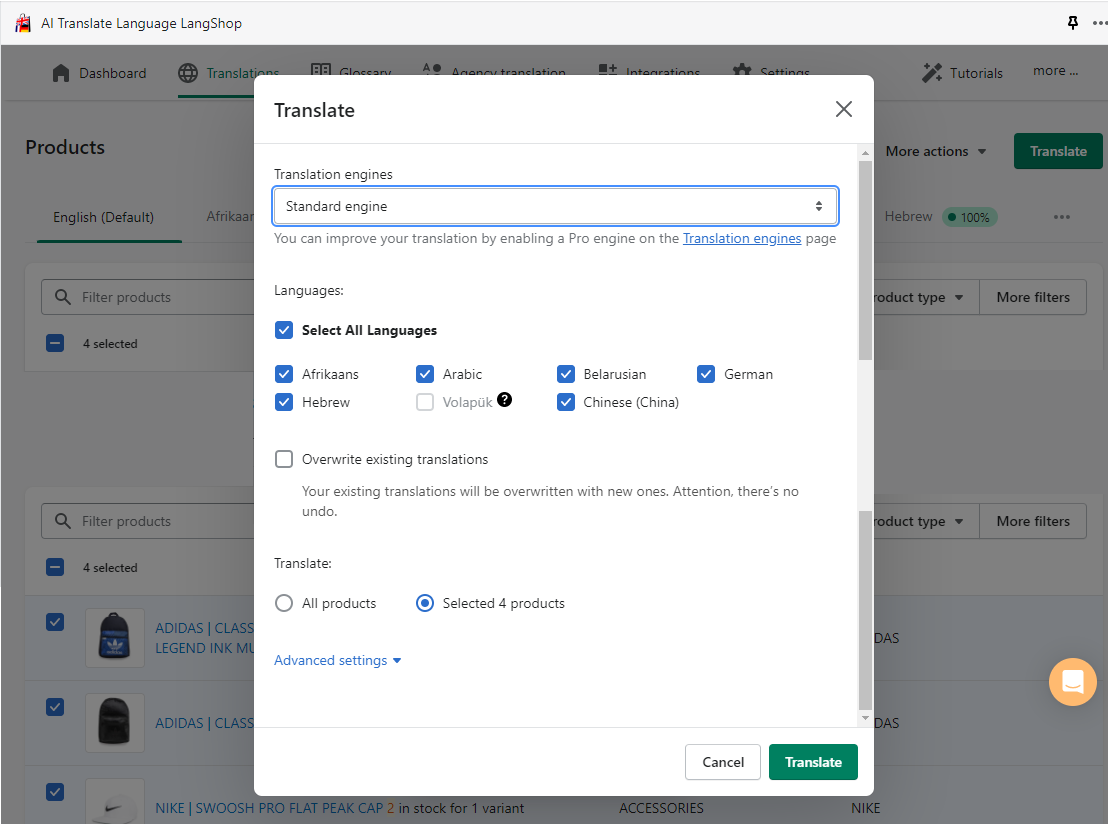
3. AI triggered workflows
Chat GPT is a cutting-edge AI technology that has been developed by OpenAI. One of the key advantages of Chat GPT is its ability to generate highly engaging and relevant responses in real-time. By using natural language processing techniques, Chat GPT can understand the context of a conversation and generate responses that are tailored to the specific needs of the user. It makes Chat GPT to be a great tool for a wide range of applications, including chatbots, customer service, and content generation. But how does it related to the workflow?
The thing is that this winter, Shopify introduced a connector in Shopify Flow that allows retailers to connect their Shopify store with various apps to create AI-triggered workflows.
And one of the apps that retailers can connect to the Shopify Flow is Chat GPT. With the help of it, you can generate text based on a provided prompt and parameters.
But that's not all. The Shopify Flow connector can also connect with other popular apps, such as Klaviyo, Loox, LimeSpot Personalizer, and Google Sheets, and many more to create even more powerful AI-triggered workflows. For example, you can connect with Klaviyo to send a campaign using a list and template that have been created and stored in their Klaviyo account. Or trigger a flow when a negative review was submitted with REVIEWS.io.
By automating key tasks and leveraging the power of AI technology, you can save time and resources while delivering a more personalized and engaging customer experience.
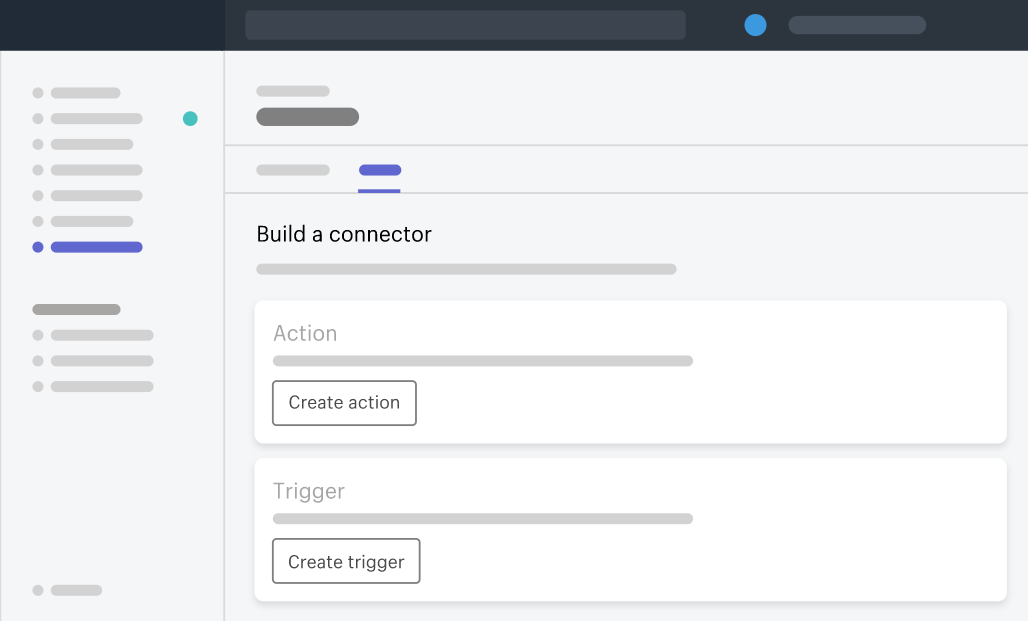
4. Personalized product recommendations
Artificial intelligence (AI) can significantly improve product recommendations in eCommerce by providing more accurate and personalized suggestions to customers. With the help of machine learning algorithms, AI-powered recommendation engines can analyze vast amounts of customer data, such as purchase history, browsing behavior, and demographic information, to generate highly relevant and personalized product recommendations.
By continuously analyzing customer behavior and feedback, these recommendation engines can refine their algorithms and provide even more accurate and personalized recommendations over time.
Moreover, AI-powered recommendation engines can also take into account contextual factors, such as the customer's location, the time of day, and current market trends, to provide even more relevant recommendations. For example, if a customer is browsing for winter coats on a cold day, the recommendation engine may suggest coats that are popular in the customer's region and that are currently in stock.
There are a lot of apps on Shopify App Store that offer AI-powered product recommendations. Among them are Wiser, Personalization AI-Suggestions, etc.
5. Virtual assistants
AI-powered virtual assistants are becoming increasingly popular in eCommerce as they provide a range of benefits for businesses, including improved customer service and increased sales.
One of the main advantages of AI virtual assistants is their ability to provide round-the-clock customer support. By using natural language processing and machine learning algorithms, virtual assistants can understand customer inquiries and provide personalized responses in real-time. This can help to reduce customer wait times, improve response rates, and ultimately lead to increased customer satisfaction.
A popular form of virtual assistant is a chatbot. Chatbots are computer programs designed to simulate conversation with human users through text or voice commands. Shopify apps, such as HelpCenter, together with chatbots, offer live chat, help desk, FAQ builder, and other features to improve customer service and reduce support team workload.
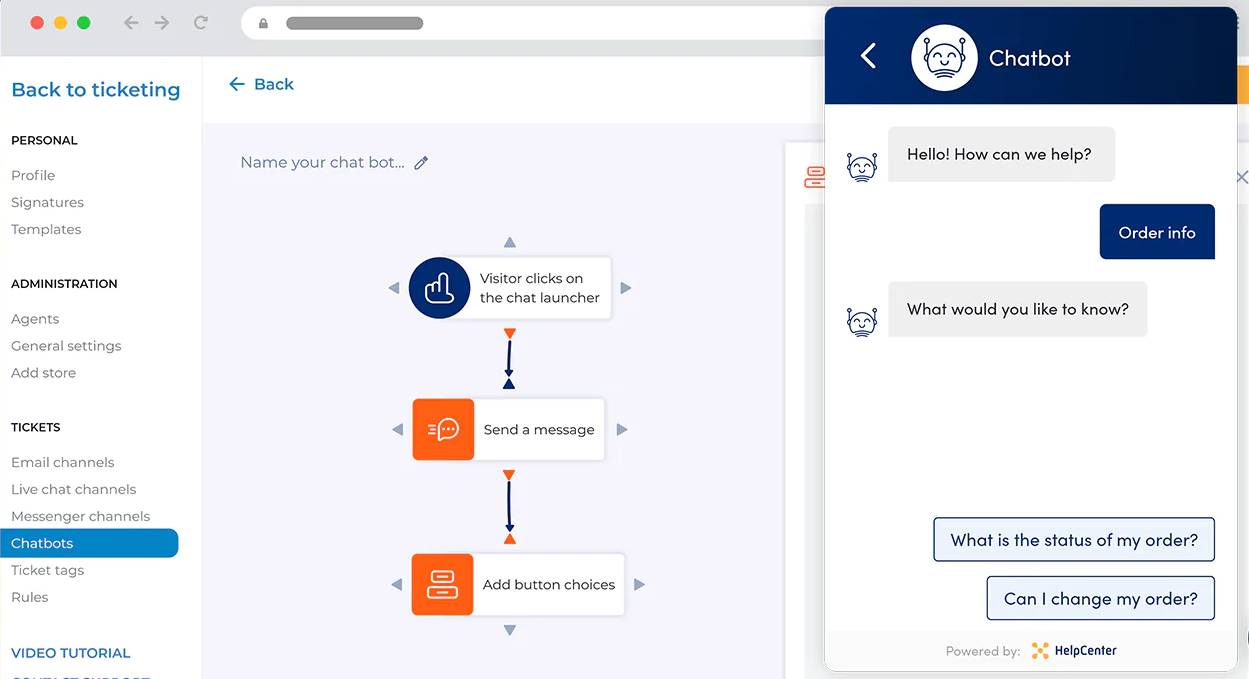
Artificial intelligence in eCommerce examples
If you're looking for inspiration on how to use AI in eCommerce, here are three examples of companies that have successfully implemented AI technology.
eBay

eBay makes use of several AI-powered features, such as Find It On eBay and Image Search, which allow users to search for products using images. It makes the search process faster and more efficient.
eBay also offers eBay ShopBot, a personal shopping assistant on Facebook Messenger that uses AI to make personalized product recommendations based on a user's browsing and purchase history.
In general, by using AI to improve search functionality and provide personalized product recommendations, eBay increases sales and improves customer retention.
Amazon

Amazon has integrated AI assistant, Alexa which helps to provide real-time assistance to their customers. The Amazon Echo allows customers to make voice-activated payments. This can make the shopping experience faster, more convenient, and more personalized.
Amazon's AI technology is also used for facial recognition, estimating home prices, visual search, autonomous driving, and more.
It can also analyze customer data and provide personalized product recommendations, which increases customer satisfaction and drives sales.
Alibaba

Alibaba has leveraged AI technology in numerous ways, such as deploying augmented reality mirrors, enabling facial recognition payments, and creating interactive mobile phone games for in-store customers. Furthermore, Alibaba has developed an AI-powered copywriting product that uses deep learning models and natural language processing to generate high-quality product descriptions automatically.
It helps Alibaba to provide customers with a more personalized and interactive shopping experience and save time and resources by automating the content creation process.

